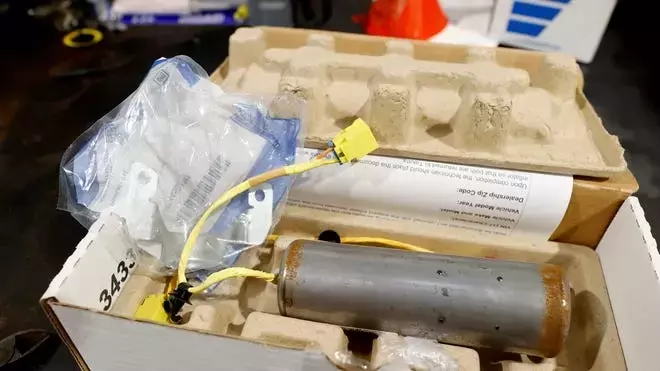Uncovering the Challenges and Solutions to Fixing Recalled Vehicles
The Detroit Free Press conducted an extensive investigation into one of the most vexing problems plaguing the auto industry - the failure to get recalled passenger cars and trucks off the road and repaired, particularly older vehicles. The findings shed light on the complex web of issues that hinder effective recall management and highlight the urgent need for comprehensive reforms to protect public safety.Driving Towards a Safer Future: Tackling the Recall Repair Crisis
Alarming Repair Rates and Elusive Fixes
The investigation uncovered a troubling reality - without any federal mandate on automakers to fix all potentially dangerous used vehicles, the annual repair rate for recalled cars and trucks rarely exceeds 65%, and is often much lower for older models. The reasons behind this alarming statistic are multifaceted. Parts to address the identified issues are not always readily available, even after consumers have been notified about the defects in their vehicles. In some cases, there is an immediate lack of knowledge on how to properly fix the problems.Regulatory Gaps and Oversight Challenges
The report also sheds light on the regulatory shortcomings that contribute to the ongoing recall crisis. Vehicle recall campaigns do not impose any specific thresholds or deadlines for manufacturers to reach in terms of repairing all potentially flawed cars and trucks. Furthermore, close federal oversight of these recall efforts is often lacking, allowing for gaps in accountability and oversight.The Persistence of Unsafe Vehicles on the Road
The investigation also revealed the continued sale of potentially faulty vehicles with open recalls by used car retailers in most parts of the country, while new car dealers are legally prohibited from doing so. Additionally, many states around the nation continue to register vehicles as roadworthy despite the presence of unaddressed safety defects, with most failing to participate in federal initiatives aimed at increasing awareness about recalls.Proposed Solutions to Enhance Recall Effectiveness
In response to these findings, federal officials, industry insiders, and safety advocates have proposed a range of solutions to bolster the repair rate and enhance the overall effectiveness of vehicle recall campaigns. These include:- Banning dealers from selling used cars with open recalls- Modernizing recall notification methods beyond traditional mail, such as utilizing email and text messaging- Requiring new cars and trucks to be equipped with in-vehicle recall notification systems- Encouraging or mandating automakers to explore alternative repair channels, including mobile repairs, the use of independent repair facilities, over-the-air software updates, and the establishment of temporary repair facilities- Improving the availability of replacement parts- Developing a comprehensive national vehicle database to track the completion of recall repairs- Strengthening federal efforts to encourage states to match vehicle identification numbers with their registration information- Implementing state-level initiatives to notify vehicle owners about their recall status during driver's license renewals, emissions checks, and safety inspections, potentially even withholding registrations for vehicles with unaddressed safety defects.Driving Change: The Path Forward
The Detroit Free Press investigation has shed light on the multifaceted challenges that have hindered the effective resolution of vehicle recalls, putting millions of drivers and passengers at risk. By addressing the regulatory gaps, improving notification and repair processes, and fostering greater collaboration between automakers, government agencies, and safety advocates, the industry can take significant strides towards ensuring that every recalled vehicle is promptly and properly fixed, ultimately enhancing road safety for all.You May Like


